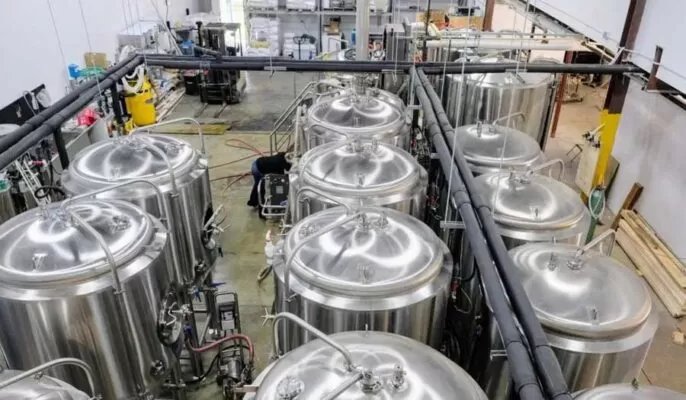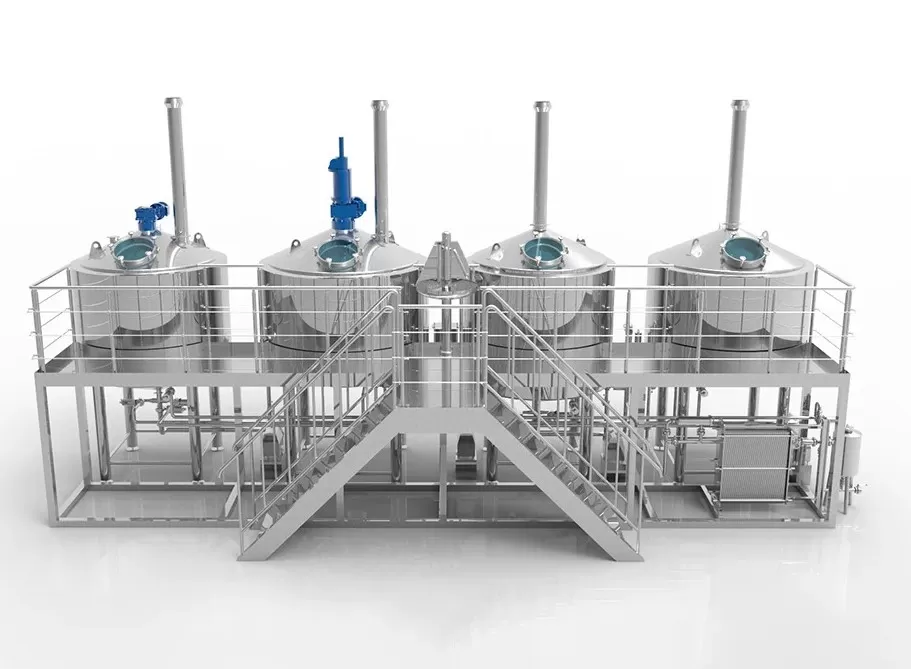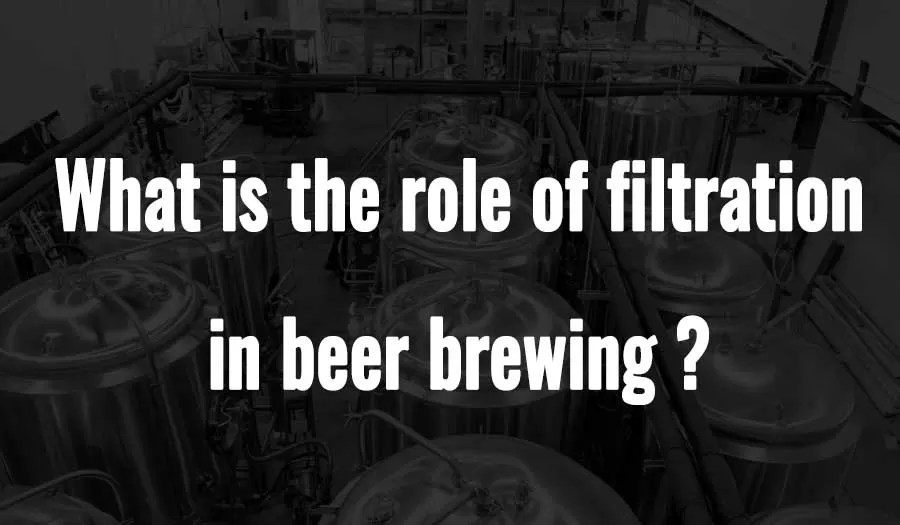Beer filtration is one of the most important production processes in beer production, which affects the appearance, taste and shelf life of beer. The selection of raw materials, the design of the winery and the technological process adopted play an important role in the quality of the final product, but the intrusion of particulate impurities and destructive microorganisms is unavoidable. This article will discuss the importance of beer filtration, let’s explore together.
Purpose of beer filtration
Beer uses malt, rice, hops and water as the main raw materials, and is fermented by yeast into a low-alcohol beverage containing carbon dioxide. Filtration removes impurities and microorganisms in beer that affect the taste and quality of beer. During the brewing process, there is some sediment. If the sediment is not removed, the beer will become cloudy and taste bad.
Even more important than the look and taste of beer is quality. Filtration removes yeast and other microbes, preventing contamination of the beer.
Filtration process
Filtration is the process of removing solids from liquids by passing through or through porous media. Filtration effectiveness depends on particle size and porosity of the filter media. If the substances suspended in the liquid are larger than the pore openings, they will remain on or in the filter media. Most beers sold today are filtered to some extent. Removal of particle sizes ranges from a molecular level in water filtration to removal of whole hops after kettle boiling.
There are two basic types of filtering:
- Depth filtration, also known as powder filtration, uses a complex maze of channels in the filter media to trap particles. Depth filtration is often thought of as coarse or primary filtration.
- Surface filtration uses membrane materials with pores smaller than the particles to be removed. Particles remain on the surface of the filter as the clarified liquid flows through.

Relationship between beer filtration precision and beer quality
According to the viscosity of the material and the content of floating matter, membranes with different pore sizes can be selected to achieve the purpose of clarification and separation. The high filtration accuracy of beer can only state the high abiotic stability and biological stability of the finished beer. The abiotic and biological stability of the finished beer is only part of the quality of the beer.
The higher the beer filtration accuracy, the greater the damage to the taste, alcohol and foam quality of the finished beer. So, the filtration accuracy of beer should not be pursued too much. The filtration accuracy of beer should be adapted to the consumer market.
Ensure deliciously
At the end of the day, make sure your filtration process delivers an end product you can be proud of while also tasting great. This unique process will become part of your successful beer brand. Still, there’s a big difference in appearance between a commercial lager and that cloudy homebrew that refuses to clear itself. Many brewers prefer something that looks a little cleaner and don’t want to wait months for the last grains to settle on their own.




